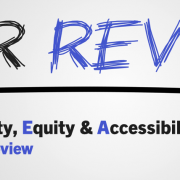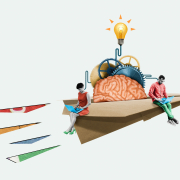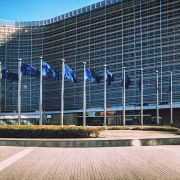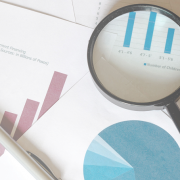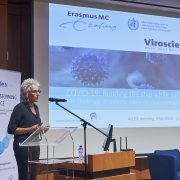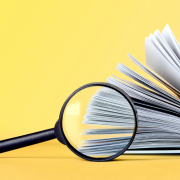ALLEA Participates in EU-Funded Project to Support Reforms in Research Assessment
Research assessment has the aim of making well-informed decisions about funding, hiring, and promotion, and remains a core pillar of our research system. However, while current assessment practices provide an important means to support the advancement of knowledge and recognise and reward excellence, they rely heavily on quantitative approaches rather than qualitative evaluation. Likewise, they often fail to acknowledge the diversity of the research outputs and skills that are needed for a thriving research ecosystem.
In October 2023, a consortium of European research stakeholder organisations embarked on a Horizon Europe-funded project in order to bring research assessment beyond its simplistic reliance on quantitative indicators. The three-year-long project has a budget of €5 million and aims to enact a systemic reform of research assessment following the principles and commitments agreed upon by the Coalition for Advancing Research Assessment (CoARA). ALLEA has been actively involved in the drafting of this European agreement, and was one of the early signatories and members of the coalition.
The “CoARA Boost” project is led by the European Science Foundation (ESF), and includes, alongside ALLEA, leading European network organisations for (early career) researchers, research funders, and universities committed to promoting change. The key objectives of the CoARA Boost Project are to i) strengthen CoARA’s operational capacity, ii) catalyse knowledge development, policy evolution, and institutional change in research assessment, iii) facilitate the collection and exchange of information, and iv) widen the Coalition’s membership in Europe and beyond.
The consortium will convene for a kick-off meeting in Brussels on 7-8 December 2023 to delve into the specifics of the collaboration, which will play a pivotal role in advancing CoARA’s mission.
ALLEA approaches the topic of research assessment through its various working groups and task forces. A complete overview of these activities can be found here.

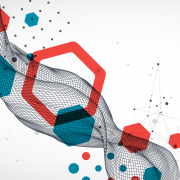

 Open Consultation
Open Consultation